In the last 14 years, as many as 5,000,833 Nepalis went abroad for employment and the number excludes those who have regained their labor permit. The country received a whopping Rs8,466 billions as remittance. This amount has contributed much to reduce the country’s poverty, increase literacy, fulfill the families’ basic needs and build infrastructure.
Remittance has also enhanced Nepal’s per capita income, life expectancy, and nutrition rate, and decreased maternal and newborn death rates. It was of much help during the 10-year insurgency, the 2015 Indian blockade and earthquakes. In his book Paradesh ko Pasina (literally, the sweat of the foreign land), researcher Tula Narayan Shah writes, “When the poor people began to go for foreign employment, their family incomes improved; they didn’t have to take loans to make ends meet; and there was a significant change in caste and gender dynamics.”
Saru Joshi, a labor and employment expert, says that foreign employment has made a notable contribution to the society’s development and has boosted the morale of poor families. “Those who used to farm leasing other people’s lands have now acquired their own land,” Joshi says. “This has changed the society’s power structure.”
Remittance contributes to about one-third of Nepal’s Gross Domestic Product, as much as agriculture, which is the source of livelihood of Nepal’s two-third population. But while this side of remittance appears appealing, the other is dangerous. The families have imported not just money but also misery and tragedy. Hira Maya Tamang—a resident of Devitar in Kavrepalanchok, a district 31 km east of capital Kathmandu—is one such character of this tragic tale.
A happiness cut too short
In mid-February, even as the country was reeling under a prolonged drought, the fields of Devitar in Dhulikhel-1 were vibrant with wheat and vegetables like cabbage, potato, and onion. The sheds had lots of cattle and anyone encountering this view would immediately think that the locals were dependent completely on agriculture and animal husbandry. And that their main destination for education, employment and business was Kathmandu, the capital city that lies an hour-long bus ride away. But Devitar has a different story to tell.
The village only has women, elderly and children. Young men are all abroad toiled away in unknown lands.
Leaving Hira Maya and mother Ganga Maya to take care of his father, Man Bahadur left for Malaysia.
Man Bahadur, Hira Maya’s husband, had flown abroad eight years ago, after taking care of his father who was suffering from paralysis for years. The old man, an ex Nepal Police serviceman, had a pension but it was hard to sustain with that only. The village was swept by the wave of foreign employment. Man Bahadur’s friends had already started earning money abroad and sending it back home. Man Bahadur, too, collected Rs150,000 in loan. Leaving Hira Maya and mother Ganga Maya to take care of his father, Man Bahadur left for Malaysia in Bhadra, 2071 BS. Two months later, his father perished. Eight months later, the Gorkha Earthquake struck, reducing his home to rubble. Hira Maya, Ganga Maya and three of their children were forced to spend the night under open sky.
In the month of Bhadra that same year, Man Bahadur told Hira Maya that he was returning home for vacation. Dashain was near and the family was happy. But that happiness didn’t last for even two hours as by then they heard another news—that Man Bahadur was found dead. “When we were on call two hours back, he’d said he was on duty and would come to Nepal the day after,” Hira Maya, who is 37, says. “He had said he’d come with clothes for the kids but instead he arrived dead.”
In one of the calls, Man Bahadur had told her that he’d return home after he collects the loan amount he’d provided to his friends. Hira Maya suspects that his friends might have killed him for that. But there’s no mechanism in Nepal to investigate such deaths occurring outside the country. Neither can the victim families file a complaint anywhere nor is the government interested to find out the cause of such deaths. That’s why, Hira Maya is today left to live with a tragedy and thousands of unanswered questions in her mind.
For Hira Maya, difficult days started after Man Bahadur’s death. Instead of solace, the society accused her.
For Hira Maya, difficult days started after Man Bahadur’s death. Instead of solace, the society accused her. “They incited my in-laws saying I’d elope so I was not to be trusted with family finances,” Hira Maya says. On the one hand, she was dealing with tragedy; on the other, she had to take care of her in-laws and children. She persevered despite all that, taking loans to make ends meet. Today, she produces vegetables and sells them on the market; she also sells raksi, the homemade alcoholic beverage. Her children are studying out of that.
In Devitar, there’s not a single family whose members are not abroad. Binod Ghorsaine, a volunteer at Safe Immigration Initiative, says that he has visited 300 of the 550 houses in Dhulikhel-1 and some of the families have as many as four of their members abroad. “Five or six such individuals have died abroad, while families suffer back home,” he says.
The government provides free secondary education to students whose guardians have perished abroad. For that, Hira Maya went to the municipality’s education department for three years but she didn’t get any scholarship. After that, she reached the foreign employment board in Babarmahal, Kathmandu. “I am illiterate and can’t even speak well,” she says. “I am trying for my children’s scholarship so they get a good education but to no avail yet. I hope they get it next year.”
Rampyari Ghorsaine, a 38-year-old resident of Devitar, also has a similar story to tell. Her elder son was six and the younger 2 when her husband went abroad aiming to earn money and give the kids a good education. “We couldn’t afford to send them to an English school, something he wanted to do,” Rampyari said. “But he never returned back.”
Bidur, Rampyari’s husband, had gone to Qatar taking a loan of Rs 120,000 in Bhadra, 2064 BS. The agent duped him, saying he’d be employed as a security guard. In Qatar, he had to work as a laborer, Rampyari says. At 8pm on Shrawan 1, 2065BS, Rampyari and her husband talked over her neighboring brother’s phone. The next day, at 2pm, the villagers gathered and told Rampyari’s that her husband was no more. On Shrawan 12, within 11 months since he had flown to Qatar, Bidur came home as a dead body.
At that time, there was no provision to provide a relief amount to the victims of foreign employment. The manpower company provided the family with Rs20,000 for kiriya, rites after death. Adding the Rs90,000 that her husband had sent, Rampyari paid back the loan. Now she had to shoulder the responsibility to feed the family and educate the children. She began to work as a social facilitator for the forest office for Rs3,000 per month. Her in-laws didn’t like her work that required her to travel often. But she persevered anyway for her children. “I struggled hard to fulfill my husband’s desire to educate the sons,” she says. “For 15 years, I worked alone and I got sick. Now I am taking medicines for it.”
Kavre is not among the districts that send a large number of youths abroad for employment. According to ‘Nepal Labor Migration Report 2020’, in the fiscal year 2017-18, as many as 5,028 people had gone for foreign employment from Kavre, which is less than 1.5 percent of the total Nepalis who went for foreign employment that year. Kavre comes at 25th position among the districts with people in foreign employment.
Even though the number of Kavrelis in foreign employment is relatively lower compared to the national average, the tragedy it has brought is no less. According to Foreign Employment Board, in the fiscal years 2076-77 and 77-78, as many as 27 individuals from Kavre have perished during foreign employment.
According to the board, as many as 10,932 Nepali laborers abroad have died in the past 14 years; 2,125 have returned home with disabilities.
According to data from Foreign Employment Promotion Board, Malaysia tops the list of the countries where Nepalis have perished the most. But why is this happening is a question that has remained unanswered for long. In Jestha, 2074, the health ministry had formed a study panel to investigate the reason behind the death of Nepali laborers in Malaysia. The panel included doctors and government officials and was led by Prof Dr Kedar Baral of Patan Health Science Academy. The team went to Malaysia to inspect the laborer’s work site and residents and submitted its report to the government. But there has been no visible effort from the government to implement the panel’s recommendations and improve the situation.
According to the board, as many as 10,932 Nepali laborers abroad have died in the past 14 years; 2,125 have returned home with disabilities. That as many as 13,057 workers are either dead or rendered disabled means as many as 65,285 people—counting five each from each family—have been deprived of a source of income on average. The indirect impact of this is deeper still. The families have been pushed further into poverty; children have dropped out of schools; and child marriage and drug abuse are on the rise. Dr Ganesh Gurung, a migration expert, says that the government has completely ignored this side of foreign employment.
“The government doesn’t help those in foreign employment in any way,” Dr Gurung says. “It does provide some relief amount to the victims’ families but that is from the fund the workers collect before they go abroad. The government has contributed nothing to that fund. Instead, the fund’s money is used in foreign trips of ministers and expenses in our embassies. The government is completely indifferent to lessen the loss of lives and help the victims’ families.”
Government’s work limited to setting up fund
To help those in foreign employment, there is an agency called Foreign Employment Board chaired by the Labour Minister. For contingent issues, everyone who goes abroad for employment should deposit some amount at the Foreign Employment Welfare Fund that is under the board. Existing legal provisions have it that those who have a contract period of up to three years should deposit Rs1500 and those with over three years Rs2500 in the fund. The board provides Rs700,000 to the families of those who die abroad during employment. Those who are rendered disabled are also provided with up to Rs700,000 depending on the nature and scale of the disability. The fund’s money is also used to bring the dead body from abroad, to rescue the stranded, to help uplift literacy of the families, and to run the board’s day-to-day affairs.
Chaulagain says as much as Rs 3.5 million have been spent on his treatment so far.
But not all the affected families have equal access to the fund. Deepak Prasad Chaulagain, for instance, got seriously injured while he was working at a pipe factory in Malaysia on Asar, 2077BS. He was trampled upon by a trolley. The company he was working for helped in his treatment for a while but after that, it bid him adieu. He went abroad to earn some money but instead his family had to send him money for his treatment. He returned home within two and half months of the incident with a twisted back. He can’t do any work now and is still undergoing treatment.
Chaulagain says as much as Rs 3.5 million have been spent on his treatment so far. But the board has only provided him Rs 175,000 so far. “We go abroad out of compulsion as there’s no employment opportunity back home,” he said. “But there’s no guarantee we would return home safe. And when there’s an accident, we need to apply for relief amount within a certain period which is not possible in all cases.”
In the name of property, Chaulagain has a land and a small hut built over it. After the accident, it was solely upon his wife Radhika to educate the children, take care of him, and run the household. She said that even though they applied for a relief amount, they haven’t received it yet. “I can’t visit all those offices all the time as I also have to take care of children and my husband,” she said. “I don’t know what has happened to my application.”
Writer Tula Narayan Shah, who has studied the impact of foreign employment in Madhesh, says that the government should play a proactive role to provide relief to those who die or get maimed during foreign employment. “Majority of those who go for employment abroad are from lower strata of society, and they don’t know how to benefit from the welfare fund,” he says. “The government should step up to help them. But our government agencies are indifferent.”
Sons of those in foreign employment who perish are also compelled to follow in their father’s footsteps. Wives of the dead men have also had to send their sons abroad. What would be the mental state of Hira Maya whose 18-year-old son Pema is ready to fly to South Korea? “I have told him that since his father didn’t return from abroad, he shouldn’t go,” Hira Maya said. “But he retorts, how do we manage family expenses?”
Likewise, Bishnu Ghorsaine, Rampyari’s 22-year-old-son, went to Japan eight months ago. “I didn’t want to let him go, but he insisted that he needed to earn for the family and his brother,” said Rampyari, who now lives with her younger, 17-year-old son.
Parents haven’t got to raise their kids and many children have fallen into drug abuse.
The death and disability of Nepalis in foreign employment has disintegrated many families and added challenges to progress in human development. In its yearly report for fiscal year 2022-23, the National Human Rights Commission has said, “We should not take foreign employment as just a matter of remittance. It appears essential that we need to be serious about the plights of Nepali laborers in foreign employment and its long-term social impacts. The government’s policies, programs and resources need to be directed towards that.”
Experts say the government hasn’t carried out enough studies and shown sensitivity on the subject. “Only a few who have gone abroad through formal channels have received help from the government. When a woman working as domestic help abroad dies, it’s very hard to bring her dead body back home,” Saru Joshi, the labor and employment expert, says. “If we don’t increase employment opportunities at home, the social cost of foreign employment will only rise.”
Economist Bishwo Poudel, former vice-chair of the National Planning Commission, says that foreign employment has both pros and cons and only a long-term national policy can address the phenomenon. “While there are many benefits of foreign employment, there are also social costs. Parents haven’t got to raise their kids and many children have fallen into drug abuse. There are other problems like this. There’s a need to reduce them through public funds,” he said. “We need to open new industries in the country to generate employment but because it involves loss of natural resources, it often meets with protest. There’s protest even when the country sells electricity to India. Tendencies like this hinders the establishment of industries. Only ‘wishful thinking’ can’t do without a significant transformation in the country’s economy.”
Dwarika Uprety, executive director of foreign employment board, claims that the welfare fund has been helping laborers in foreign employment and their families. “The fund has collected over Rs6 billion. We have been providing relief amounts to families, scholarships to children and treatment costs to the injured,” he said. “Children of deceased workers who are up to 18 years of age get scholarships. We are also working towards providing training to those who return from employment abroad.”
Expenses even before moving abroad…
Even before the laborer deposits the amount at the foreign employment welfare fund and flies abroad, they contribute to the country’s economy. Roshan Baniya, a native of Bhojpur who returned after working in Saudi Arabia and UAE for six years, says that before one flies abroad, they spend at least Rs250,000 in the country. He says, “After one conceives the plan to go abroad, one has to go to Kathmandu searching for manpower companies and give interviews. One has to undergo health tests and prepare police reports. One also has to spend on tickets and visas. All of this work takes more than Rs250,000.”
Economist Bishwo Poudel, former vice-chair of the National Planning Commission, says that foreign employment has both pros and cons and only a long-term national policy can address the phenomenon.
The government has compulsorily mandated national identity cards for a passport. Most come to Kathmandu, fast-track the passport process and fly abroad. One has to pay Rs12,000 to prepare a passport through a fast-track process at the Department of Passport in Tripureshwor, Kathmandu. Last year, the country made millions from the passport fees of 630,097 individuals who went abroad.
It is the manpower companies that send workers for foreign employment to 108 countries except for Iraq and Libya that are currently put on hold. Documents from foreign employment department show that of the 1507 companies authorized to send workers abroad, 893 are currently active. If one goes by Roshan’s assertion that one spends Rs200,000 on average inside the country, then there’s a yearly transaction of Rs 126 billion inside the country in foreign employment economy. Thousands have received employment at home in those manpower companies.
According to foreign employment act 2064 BS, a manpower company has to insure everyone it sends for Rs 500,000 to cover for contingent deaths and disabilities during foreign employment. The laborers pay the premium for the insurance beforehand. This also vitalizes the insurance companies’ financial transaction and employment. But the state appears to have failing to address the plights of the families of those in foreign employment who contribute to the country’s economy not just through remittance but several other ways.
This story has been written by Bidhya Rai for CIJ, Nepal.

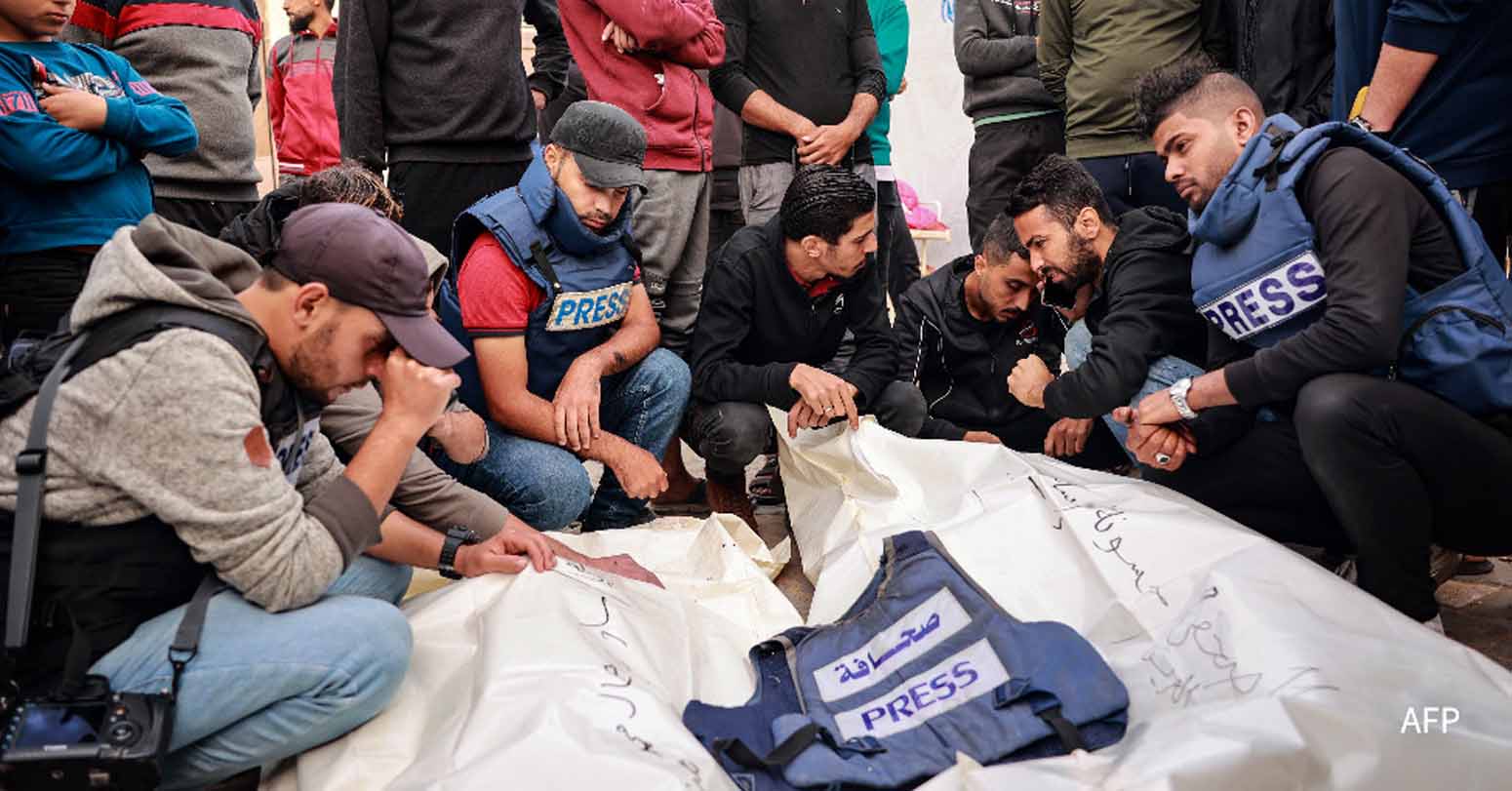

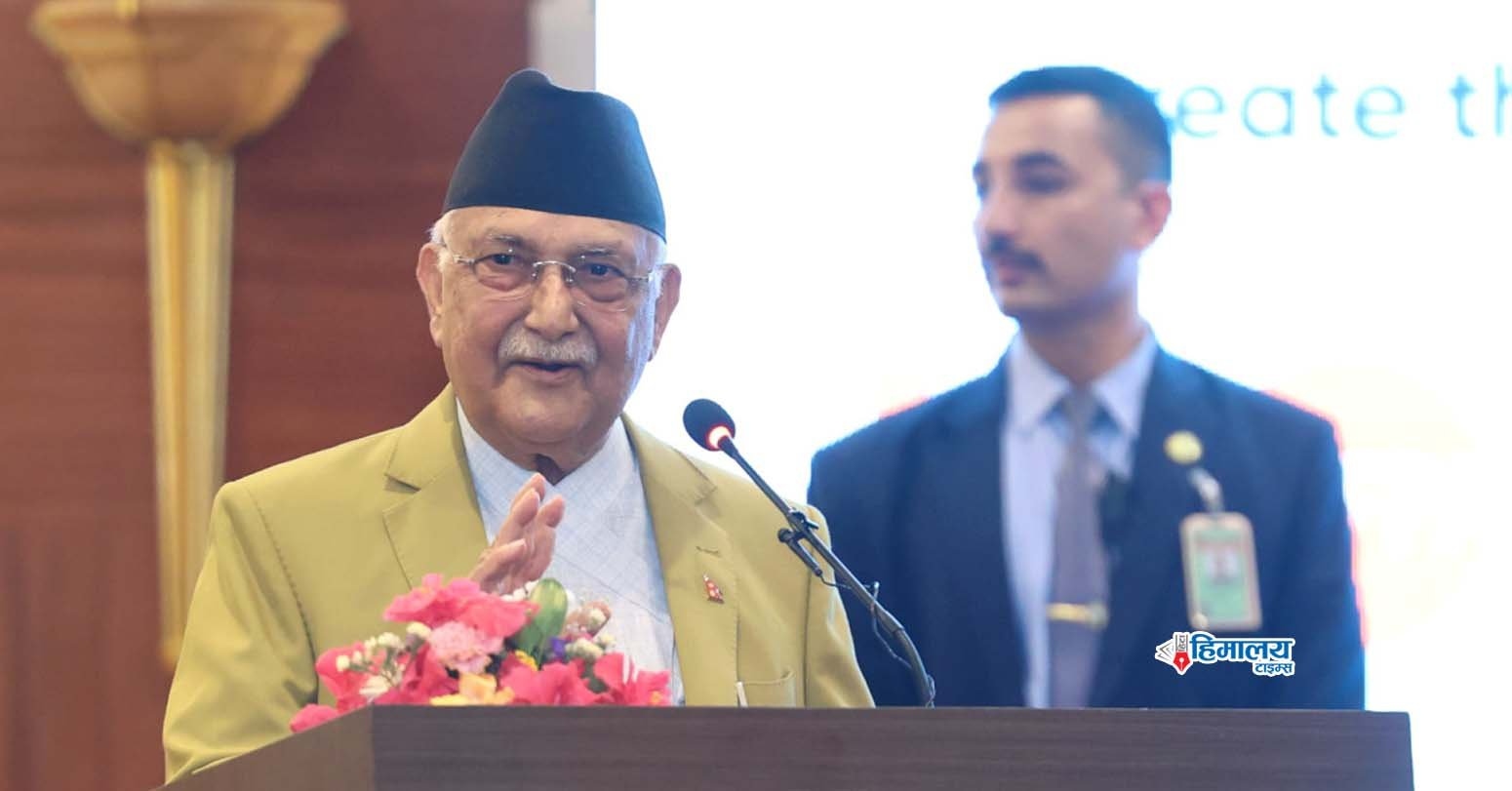



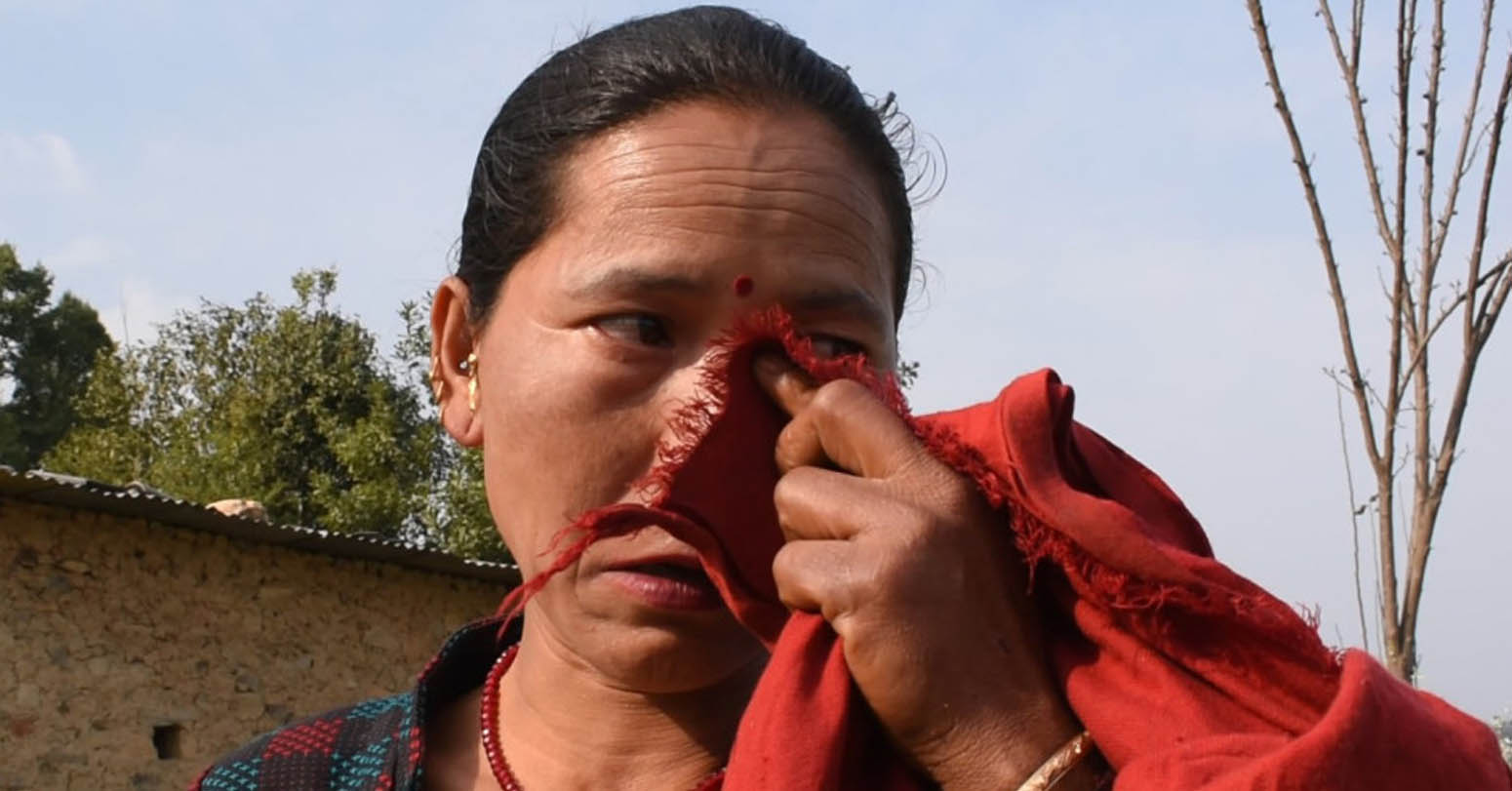
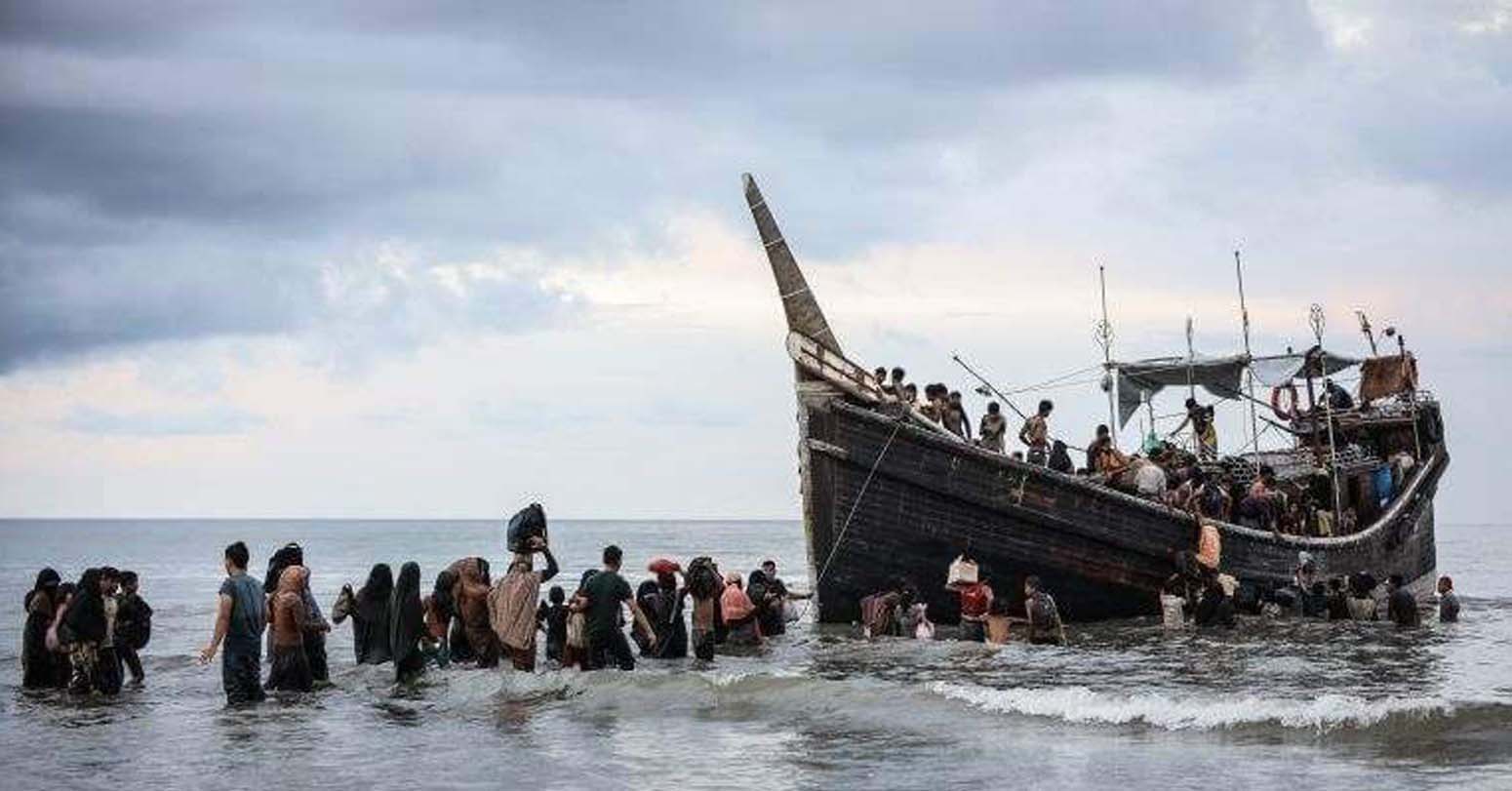
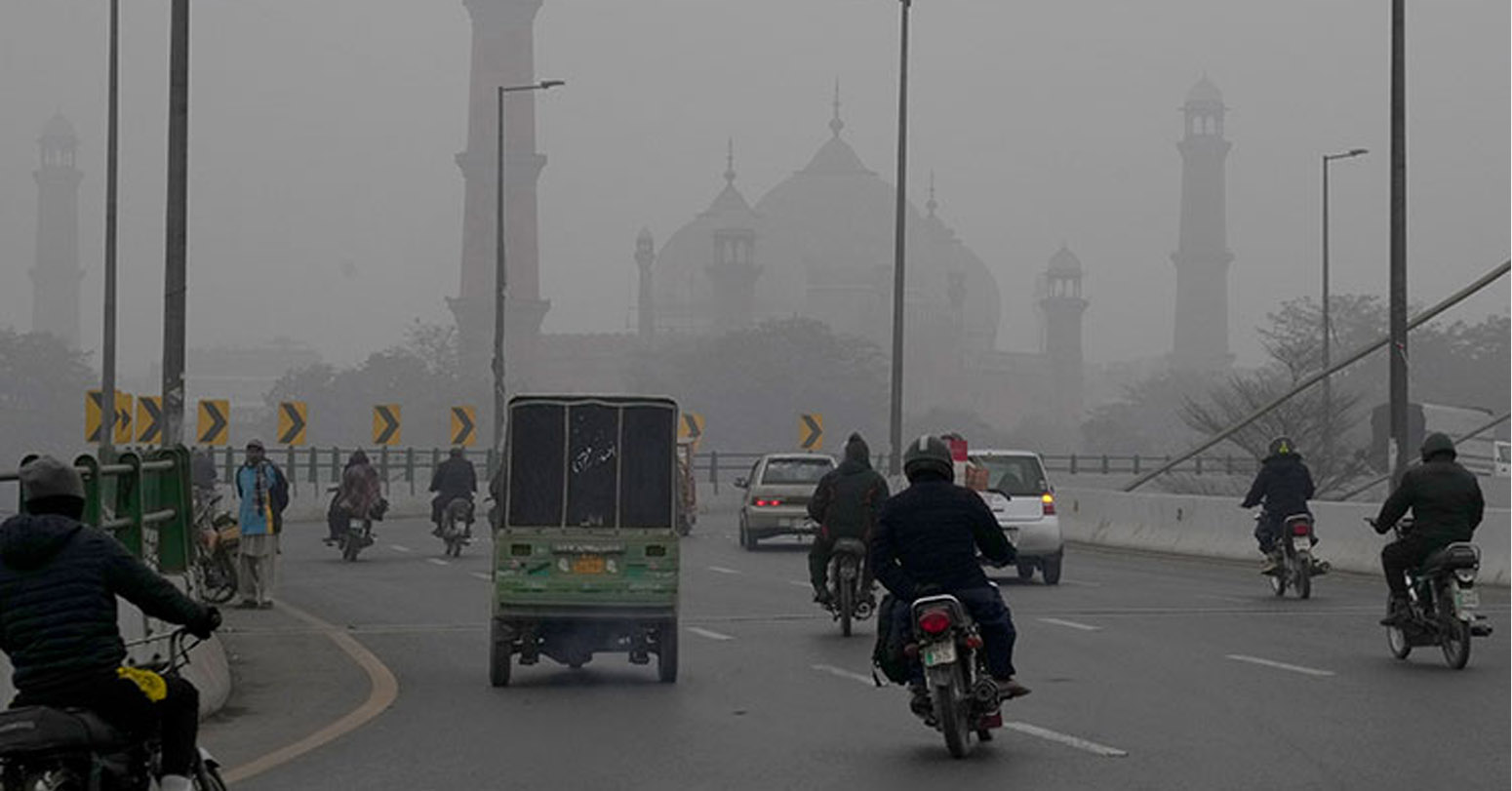
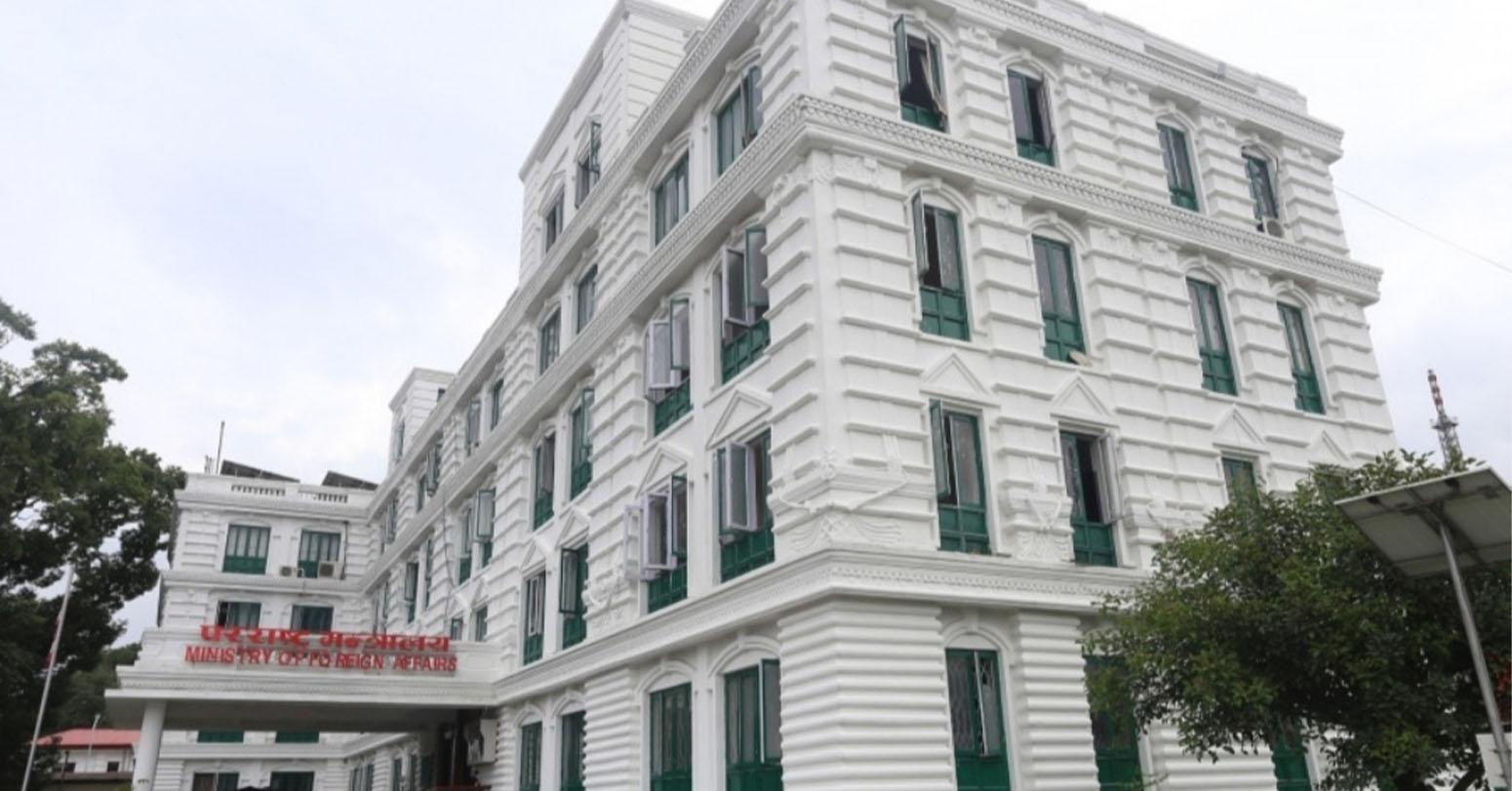




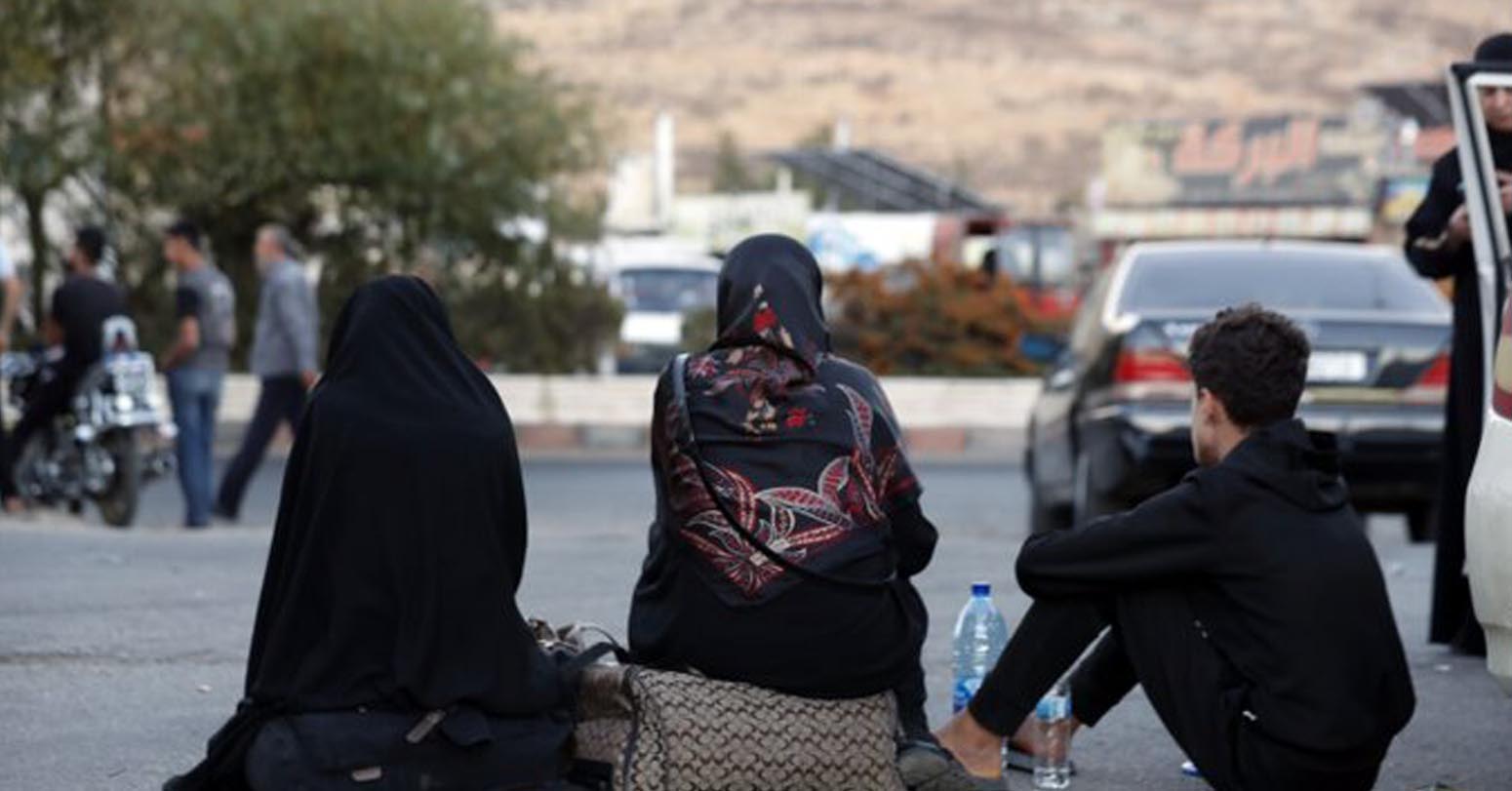

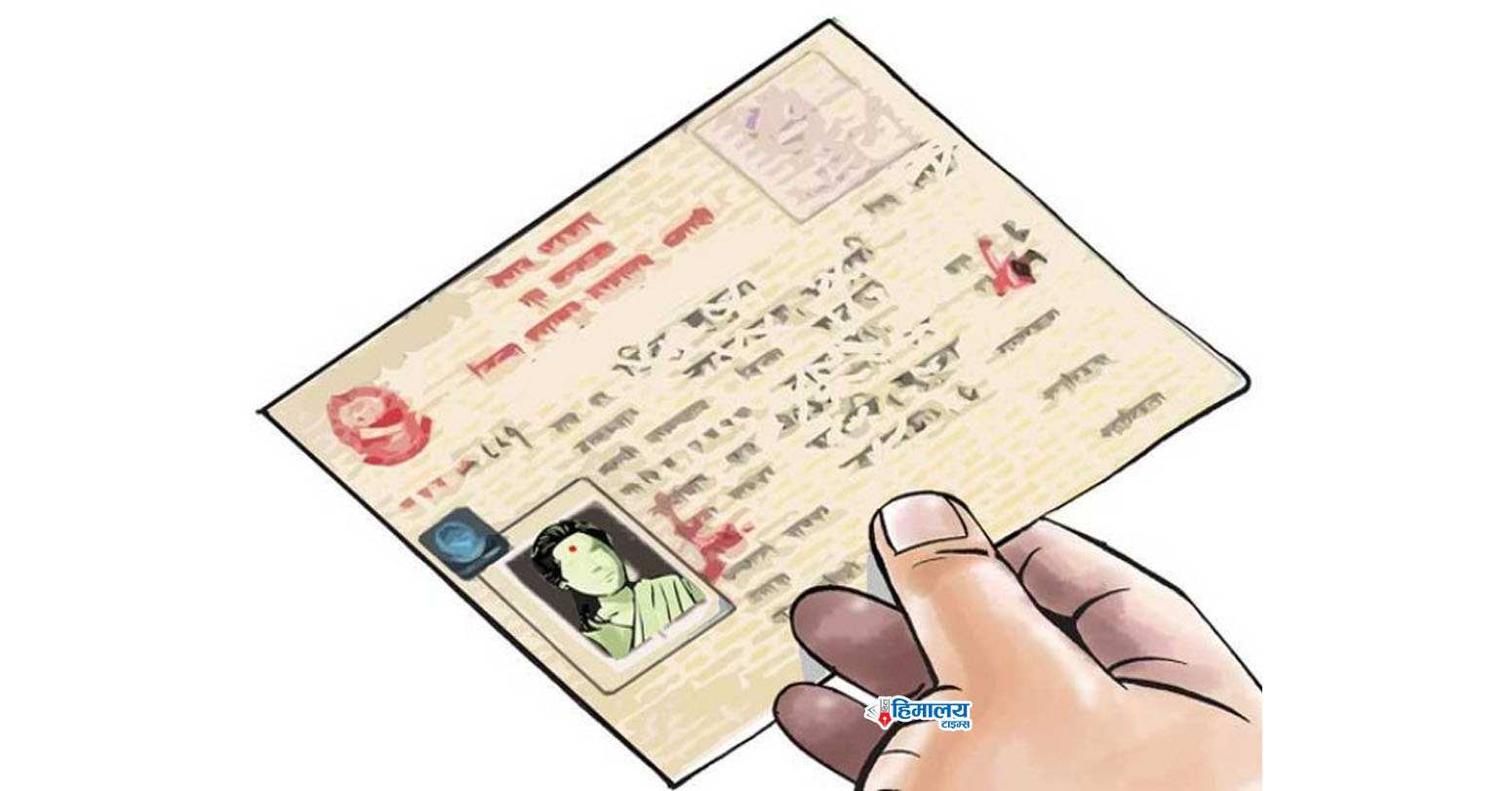
Middle-aged man spends millions to
Dr. Dharam Raj Upadhyay: Man
Breathing The Unbreathable Air
Comprehensive Data Protection Law Critically
Gender Differences In Mental Healthcare
Erosion of Democracy